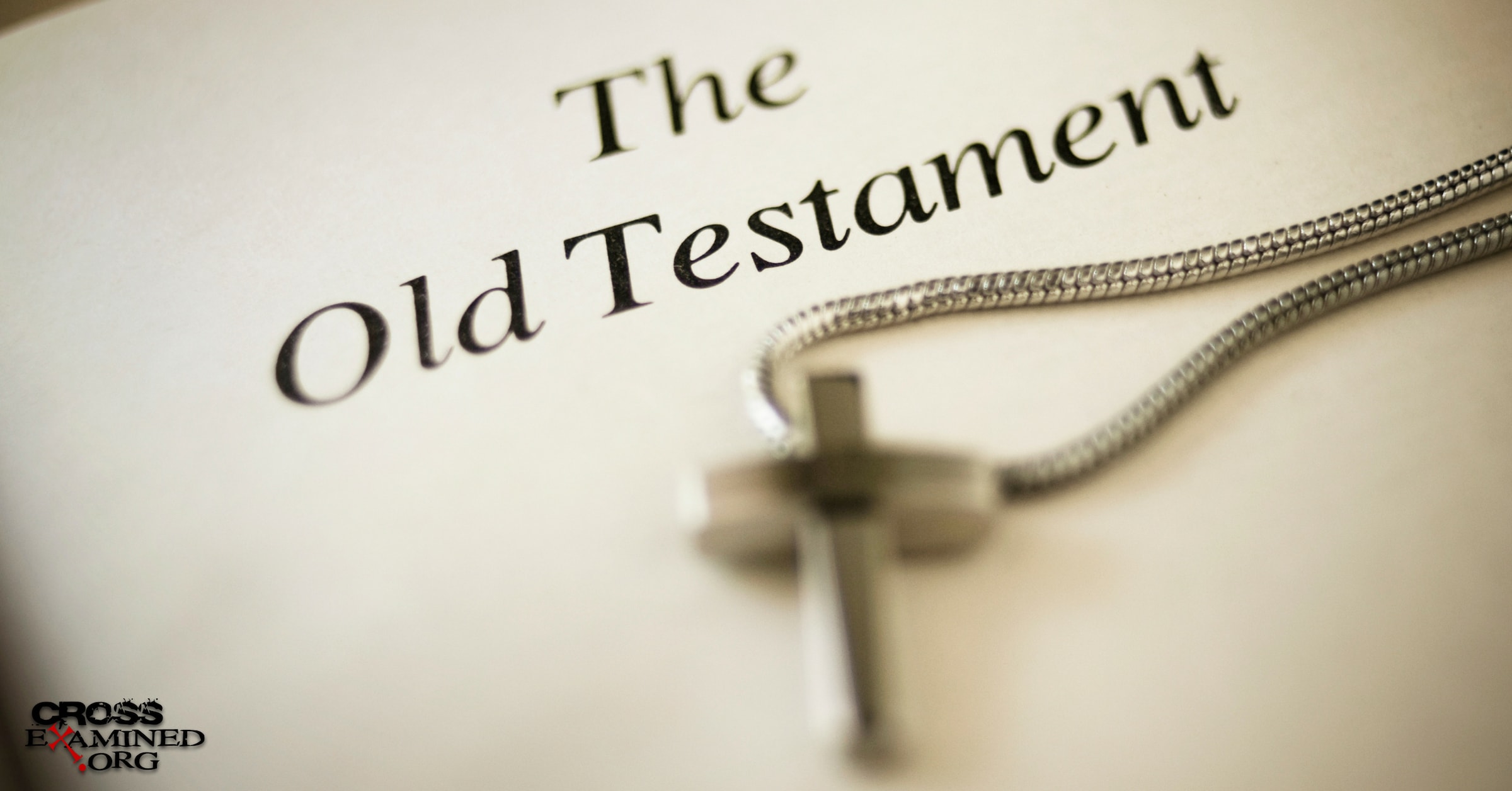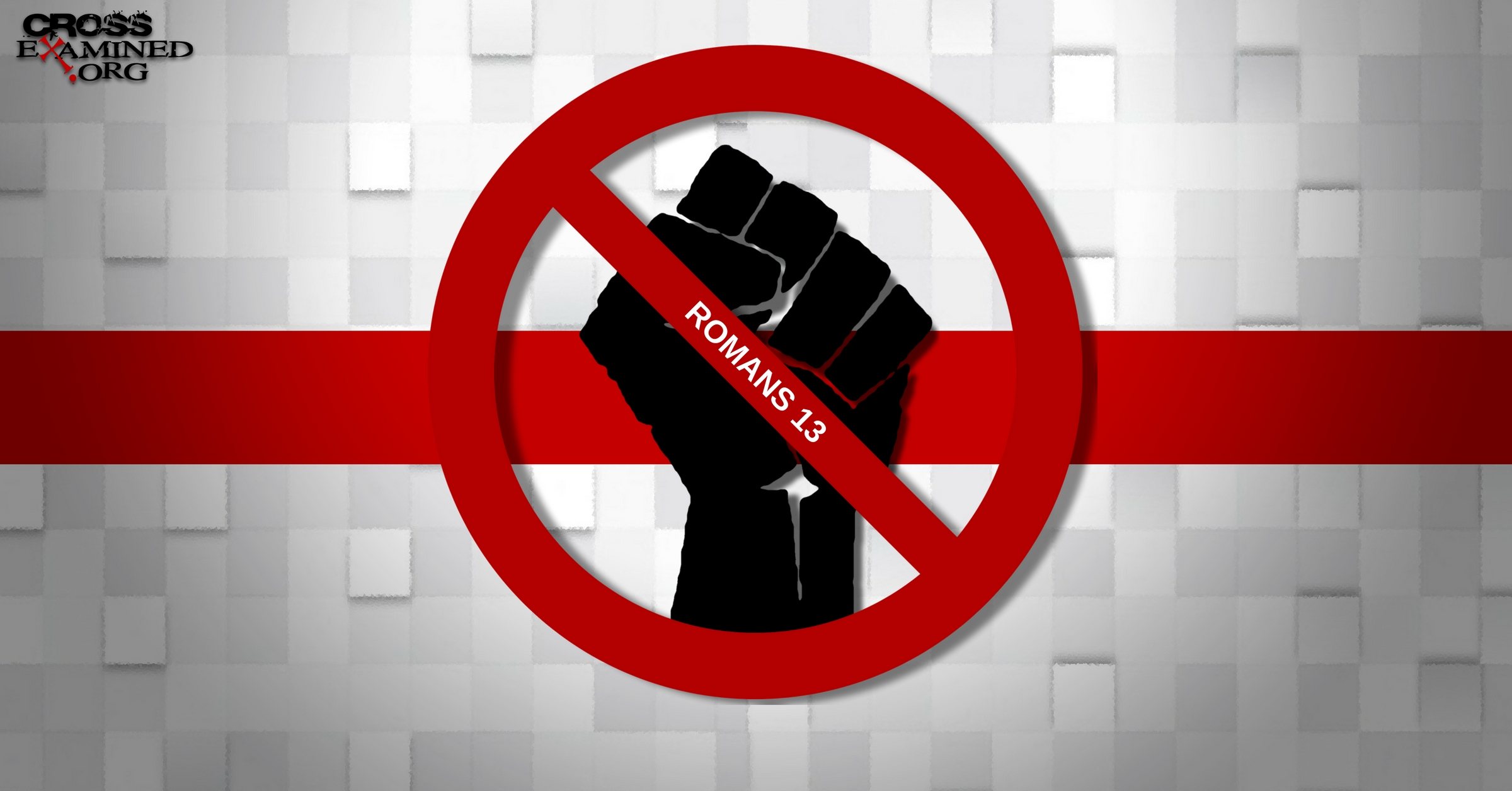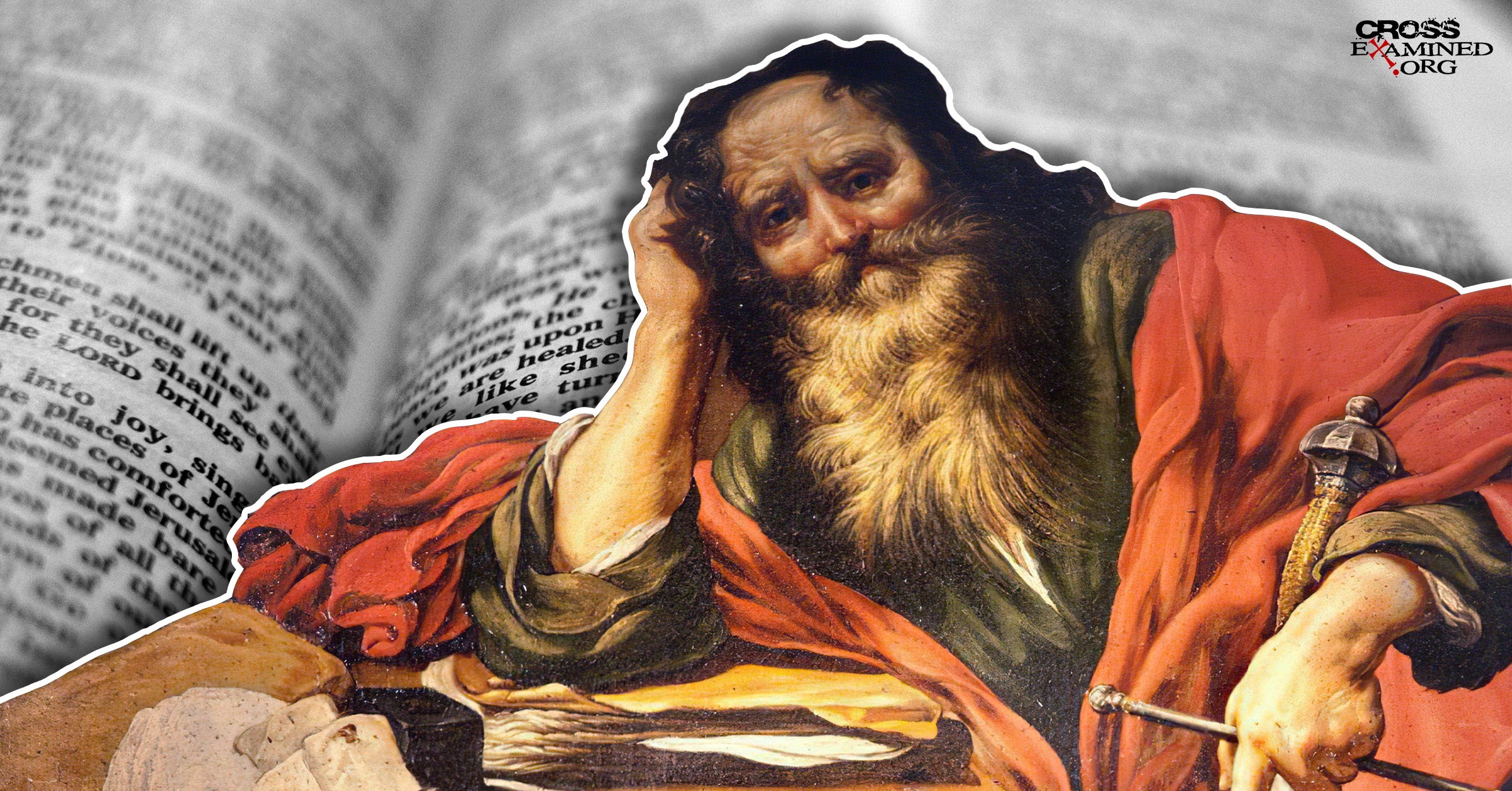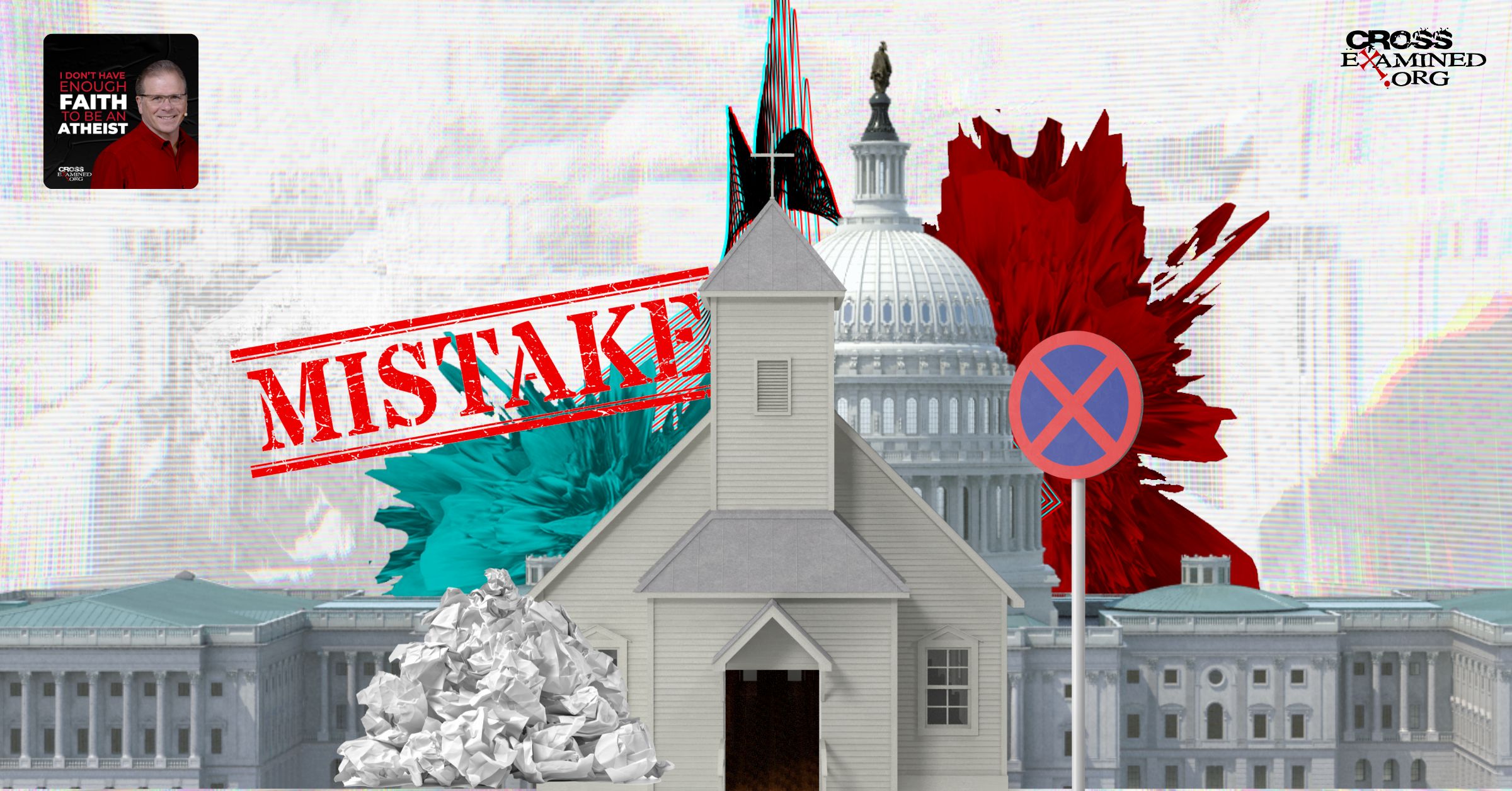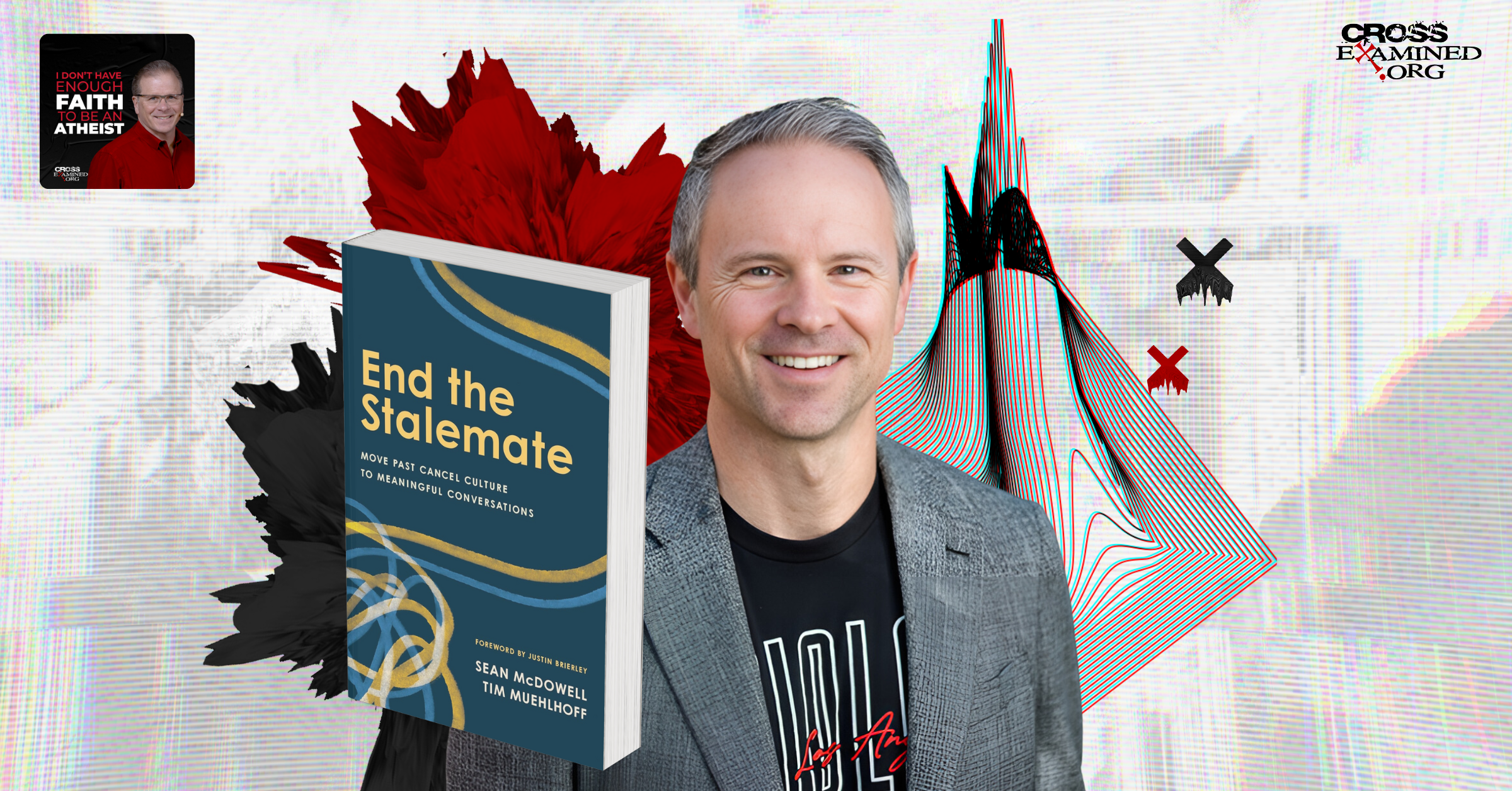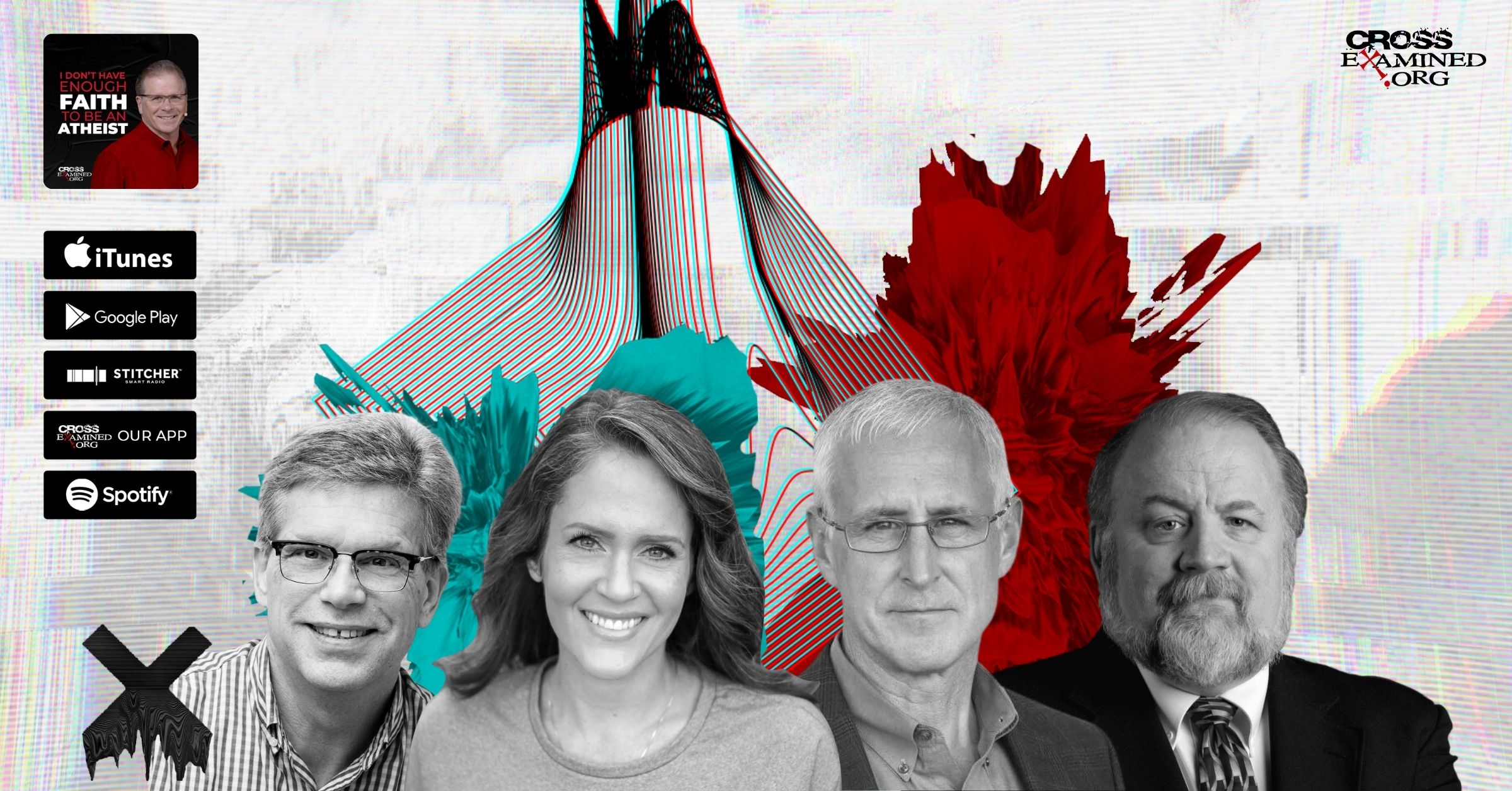D.O.U.B.T.S.: An Evidential Filter For Miracle Claims
When it comes to miracles, Christians are often accused of special pleading. We’re quick to accept Christian miracle claims, but we suddenly turn into Richard Dawkins when it comes to miracle claims made by other religions. Why should skeptics start investigating the resurrection of Jesus when we don’t give other miracles the time of day? The truth is that there are dozens of different religions and thousands of miraculous claims out there. So how can the Christian hope to use miracles as an argument for their faith?
But the fact that there are miracle claims in other religions doesn’t require us to dismiss all miracle claims out of hand. Nor is it necessary for us to be haplessly credulous about all historical miracle claims. There’s a middle way. Before examining miracle claims in detail, we can and should run them through a religiously-neutral evidential filter. Failure to pass through such a filter wouldn’t necessarily prove that the miracle didn’t occur, but it does give us reasons to doubt it. From there we can move on to more promising candidates and not waste our time.
So what filter do I have in mind? Dr. Tim McGrew proposed a 6-point DOUBTS filter in his debate with Zachary Moore. DOUBTS is a backronym because Dr. McGrew is a philosophy professor, and well, teachers can’t resist making backronyms. McGrew has co-written the chapter on The Argument from Miracles in the Blackwell Companion to Natural Theology, as well as the entry for Miracles in The Stanford Encyclopedia of Philosophy, so he’s a bit of a subject matter expert here. Let’s take a look at his filter.
D – DISTANT EVENTS
For starters, the D in DOUBTS stands for distant events. When the first report of a miracle is made only at a significant distance from the alleged event, we have reasons to doubt. So for example, a 2nd-century Greek writer named Philostratus reports that Apollonius of Tyana worked all kinds of wonders. The problem is that many of these wonders often allegedly happened in India, while Philostratus was writing in Greece some 3500 miles away. This is like that socially awkward guy who claims he’s dating a really hot girl who no one has seen from Canada. We have reason to be skeptical.
O – OPINIONS ALREADY ESTABLISHED
The O in DOUBTS stands for opinions already established. When miracles confirm or affirm established opinions and prejudices, we have some reasons to be skeptical. So for example, we have reason to doubt Brigham Young’s claim that Joseph Smith walked house-to-house healing a large group of his followers from malaria while living in Illinois. Young was Smith’s predecessor and had already recognized him as God’s special prophet. There are few details in the reports, and the people who preserved them weren’t initially suspicious. They might have credulously latched onto any flimsy claim made about Smith.
U – UNCERTAIN EVENTS
Next up is U – uncertain events. Granting that the event really happened, if it can be explained without implausibility that it was a natural event, we have reasons to be skeptical. If certain saints were said to levitate but clever illusionists can replicate this trick, chances are it wasn’t a miracle. Or for another example, the Talmud tells us about Honi the Circle Drawer. When rain did not come well into the winter, Honi drew a circle in the dust and sat inside it. He then told God that he would not move until it rained. And what do you know–it began to rain. Yet I think we’re all pretty experienced with rain and how it comes and passes. While this could be a miraculous answer to prayer, this also could’ve just been a coincidence and a fully natural occurrence. It’s an uncertain event and nothing on the same level as, say, someone being raised from the dead.
B – BELATED REPORTS
Moving on to B – belated reports. When the first report of a said miracle comes long after the event, we have some serious reasons to be skeptical. Let’s go back to our buddy Apollonius of Tyana. Philostratus wrote his biography 100 years after Apollonius was dead. That’s obviously a long time and any alleged eyewitnesses would’ve long been dead. Or we have the resurrection stories about St. Nicolas. Reportedly there was a horrible famine, an evil butcher lured three children into his house, killed them and pickled them. This baddy was planning to try and pass them off as cured ham. Gross stuff. Saint Nicolas saw through this scheme and allegedly resurrected the kids by making the sign of the cross. The problem is this story was first circulated in Medieval times, hundreds of years after St. Nick was dead.
T – TRIVIAL MIRACLES
Let’s now move on to the T in the DOUBTS filter – Trival miracles. These would be reports of miracles that are unconnected to any significant purpose. They make no real difference to our lives. The basic idea is captured by the Roman poet Horace when he wrote: “Let a god not intervene unless it’s a knot worthy of a god’s untying.” You’ll often hear skeptics ask crazy things like: “well, if I told you that I have a friend who flew around the room by flapping his arms, died, rose again and turned my sofa into a donkey all in one evening, would you believe me?” Well, why would God be behind something like that? What deep questions about our destiny does this answer, or what striking doctrines would this confirm? Even if such a story happened, what claim does this supposed miracle make on my life? At the most, this flying man might cause me to conclude that the world is a stranger place than I initially imagined. Such an event serves no significant purpose.
S – SELF-SERVING MIRACLES
Finally, we’ve reached the S in the DOUBTS filter. The S stands for self-serving miracle claims. When a supposed miracle serves obvious human motivations like sex, political power, greed, a lust for fame then there’s a huge reason to doubt such a miracle claim. Indian guru Sathya Sai Baba allegedly miraculously manifested clocks and watches but was accused of sexual abuse, money laundering, among other things. The Mormon founder Joseph Smith had ambitions to be the President of the United States and married over 40 different women. There are reasons to think there’s something fishy going on with his so-called revelations.
A PERSONAL CRITERION I’D ADD – V – VAGUENESS.
Granted, this takes away the coolness of the backronym but I’d add vague reports to the criteria. So for example, after apostatizing from the Mormon church and denying that Joseph Smith was a prophet, Fanny Stenhouse recorded an experience in which she said she saw Smith miraculously heal an old woman named Sister Armstrong who had been bedridden for years. In her account, Stenhouse says that this was not a fake healing. However, she attributes it to “animal magnetism” and not directly associated with God. But that’s all we have is something rather brief in her biography, there’s not a lot of details in the report. We’d have to know a lot more about what was wrong with the old woman, why she was bedridden, and what Smith did to believe it was a genuine miracle. It’s a vague report.
I think this is where we need to be careful as Christians, too. If we just rely on 1 Corinthians 15:3-7 to carry the load for our resurrection apologetic, we give vague evidence that isn’t detailed enough to warrant justified belief. Brief and confusing episodes are arguably compatible with 1 Corinthians 15:3-7 as I’ve argued here. We need the detailed, multisensory, time-extended experiences that we read about in the Gospels to make a strong case.
IS THE RESURRECTION OF JESUS WORTHY OF OUR INVESTIGATION?
Remember that any miracle claim that fails on one or more of these criteria might still be true, but these give us a reasonable basis to not investigate them. I’d argue that the resurrection of Jesus doesn’t run afoul of any of the criteria. Without the aid of a miracle, crucified and buried dead men tend to stay dead. It’s not an uncertain event. The resurrection was proclaimed in the streets of Jerusalem, within weeks after the crucifixion. The disciples stayed in Jerusalem, the very city where Jesus was crucified (Galatians 2:1,9) even when the church came under heavy persecution. (Acts 7, 12)
For the disciples to preach this so soon after Jesus’ execution that their religious leaders set up was to invite the same type of persecution. They could have waited until things calmed down. But they did not. Peter shifted from denying Jesus to boldly proclaiming his resurrection just 50 days after Jesus was murdered. (Acts 2:22-24). The enemies of Christianity had the means, motive, and opportunity to discredit the story. Jesus claimed that he was the Giver of eternal life, so there’s nothing trivial about this claim.
For more details, see this video:
THE TEXAS SHARPSHOOTER FALLACY?
The skeptic might then ask: aren’t these criteria then a bit self-serving for Christians? As a believer, Dr. McGrew obviously believes the resurrection passes this filter. So isn’t this an example of the Texas Sharpshooter fallacy? For those of you who don’t know, the Texas Sharpshooter fallacy is where one cherry-picks a data cluster to suit your argument, or finds a pattern to fit a presumption. I don’t believe that’s the case here.
For starters, this criteria cuts against miracle claims that I’d accept. Since I believe in the inspiration of Scripture, I accept that Balaam’s donkey spoke. But I am not asking a skeptic to start their historical investigation there and I think they’re not unreasonable if they’re skeptical that such an event happened. Remember that these criteria are religiously neutral. They’re obviously sensible and keep one from wasting their time chasing after unpromising claims. Each criteria reduces the probability that a genuine miracle occurred, so a skeptic should like them. If one wants to add to this criteria, I’m all ears. I’d personally add that in the case of modern miracles where the person is still alive, medical data would be something I’d like to see.
These criteria should be embraced by the skeptic because it gives them the opportunity to say that they’re not dogmatically rejecting all miracle claims out of hand. I hope this helps show that Christians aren’t necessarily guilty of special pleading. Maybe we reject miracle claims in other religions because they’re often poorly attested.
Recommended resources related to the topic:
Why We Know the New Testament Writers Told the Truth by Frank Turek (mp4 Download)
The Top Ten Reasons We Know the NT Writers Told the Truth mp3 by Frank Turek
_____________________________________________________________________________________________________________________________________________________
Erik is a Reasonable Faith Chapter Director located in Cedar Rapids, Iowa. He’s a former freelance baseball writer and the co-owner of a vintage and handmade decor business with his wife, Dawn. He is passionate about the intersection of apologetics and evangelism.
Original Link: https://bit.ly/3LHIEDk


